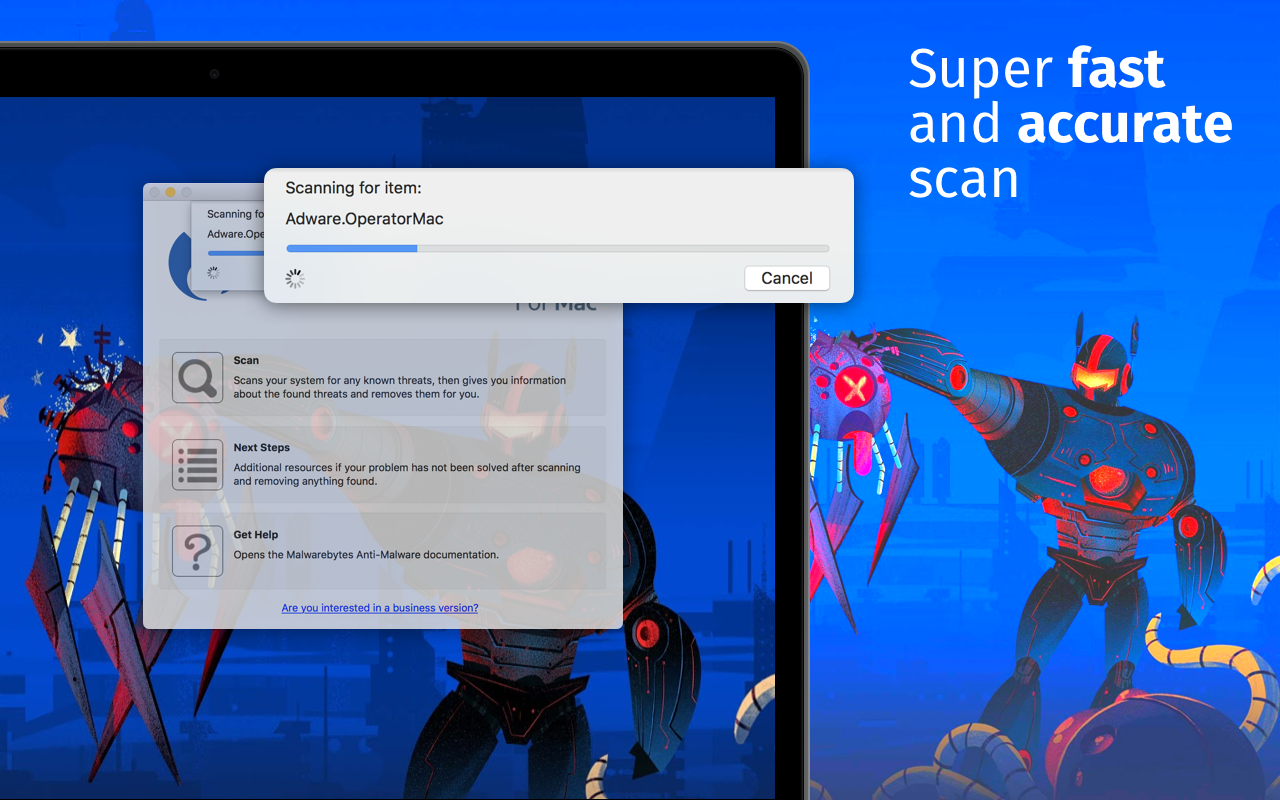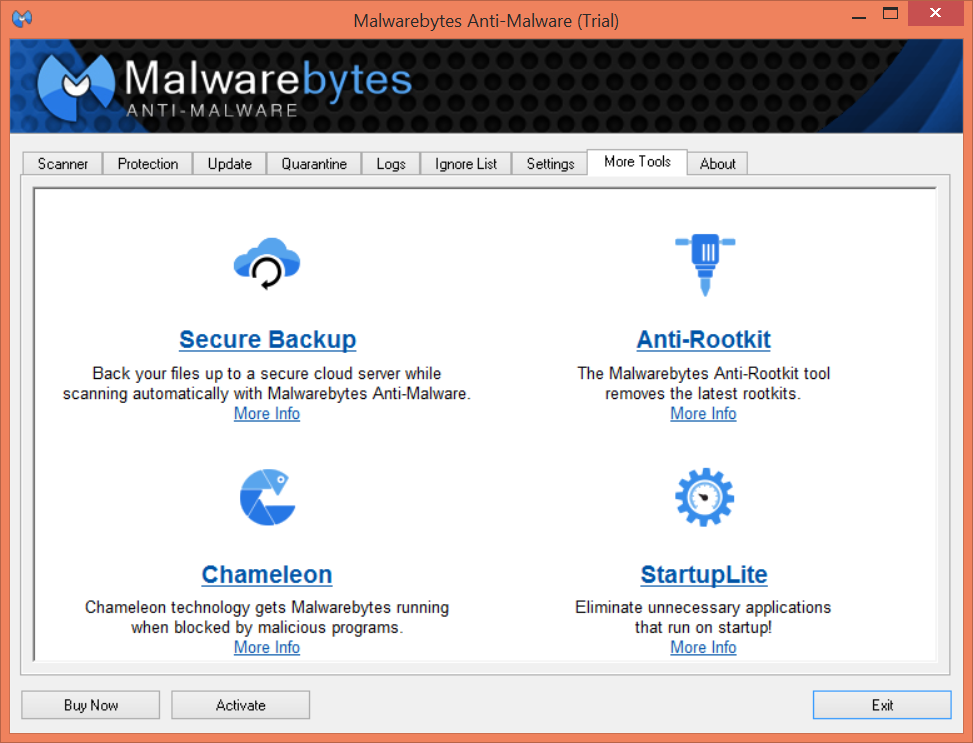
Early viruses generally just deleted files or displayed strange screens or windows, but today's malware is designed by cybercriminals who are in it for the money. Today's malware differs from what we worried about in the early days of computing. While Macs are perceived to be relatively safe from some perspectives, it certainly has its flaws no platform can be 100% secure. Mac users tend to be much more complacent, since the platform has a very good reputation for security. Malware specifically targeting Macs has been increasing significantly in recent years, as reported by Security Boulevard in 2019. As Windows has become more secure and Macs have increased in popularity, many cybercriminals have seen an opportunity to expand the scope of their attacks. Malware-which is the broad category for any malicious software designed to do things such as damage or steal files, spy on a user by recording photos, videos, or keystrokes, or usurp a user's identity-is rampant on both Windows and Macs. If you do not have a departmental IT administrator and are the administrator of your own Columbia-owned computer, please contact CUIT Cybersecurity at.If your computer is managed by a departmental IT group outside of CUIT, please ask your departmental IT administrator(s) to complete a Malwarebytes Site request form for your specific affiliation at Columbia.For Macs: You have the Self Service center in your applications folder.For Windows: You have the CUIT Software Center icon on your desktop.The easiest way to check if you have a CUIT-managed computer is to look on your computer and see if you have the CUIT software download center installed:

Symantec Endpoint Protection (SEP) will be removed. If your computer is managed by CUIT, Malwarebytes will be deployed to your system automatically in August 2020.




 0 kommentar(er)
0 kommentar(er)
